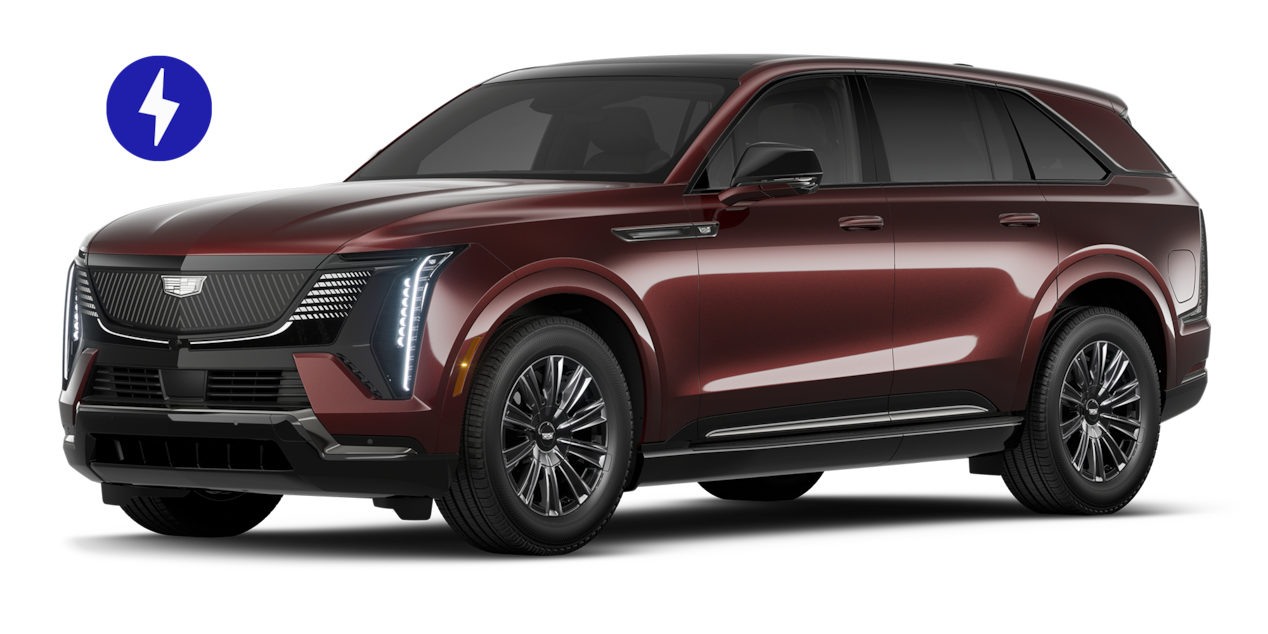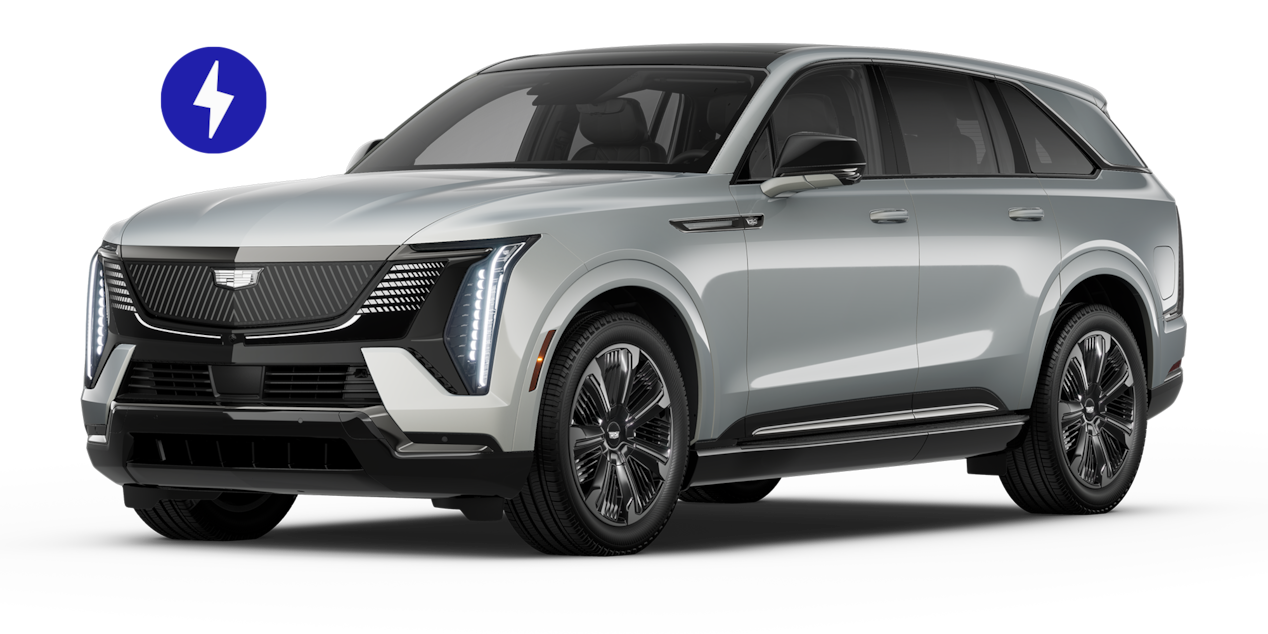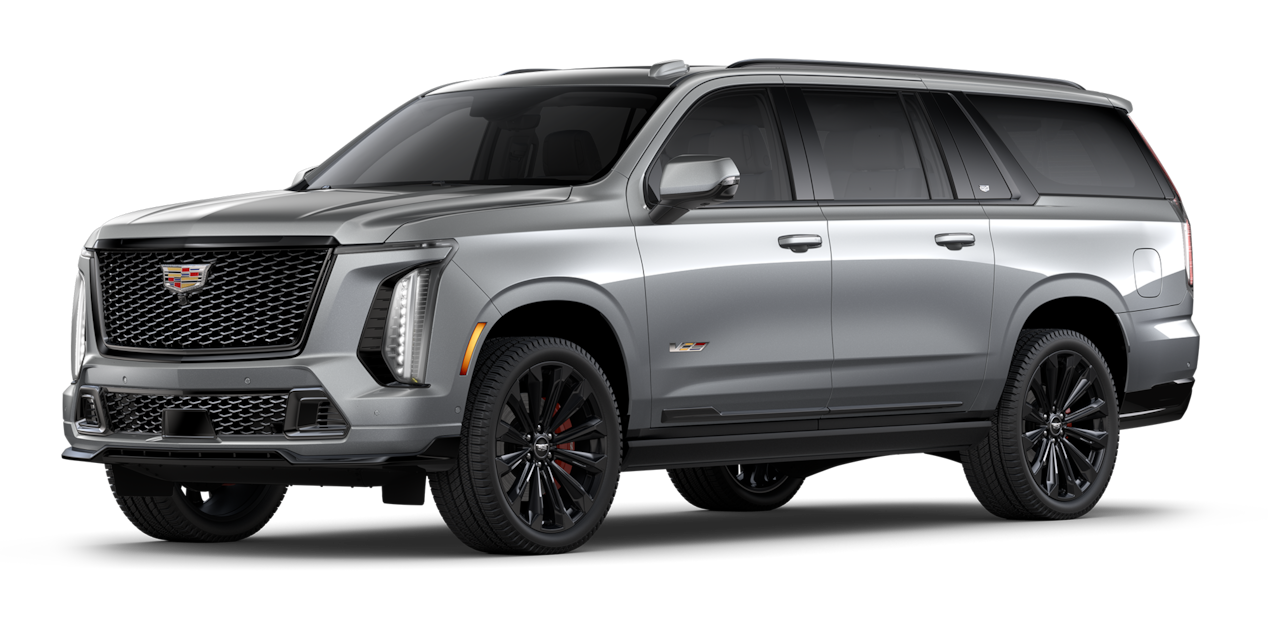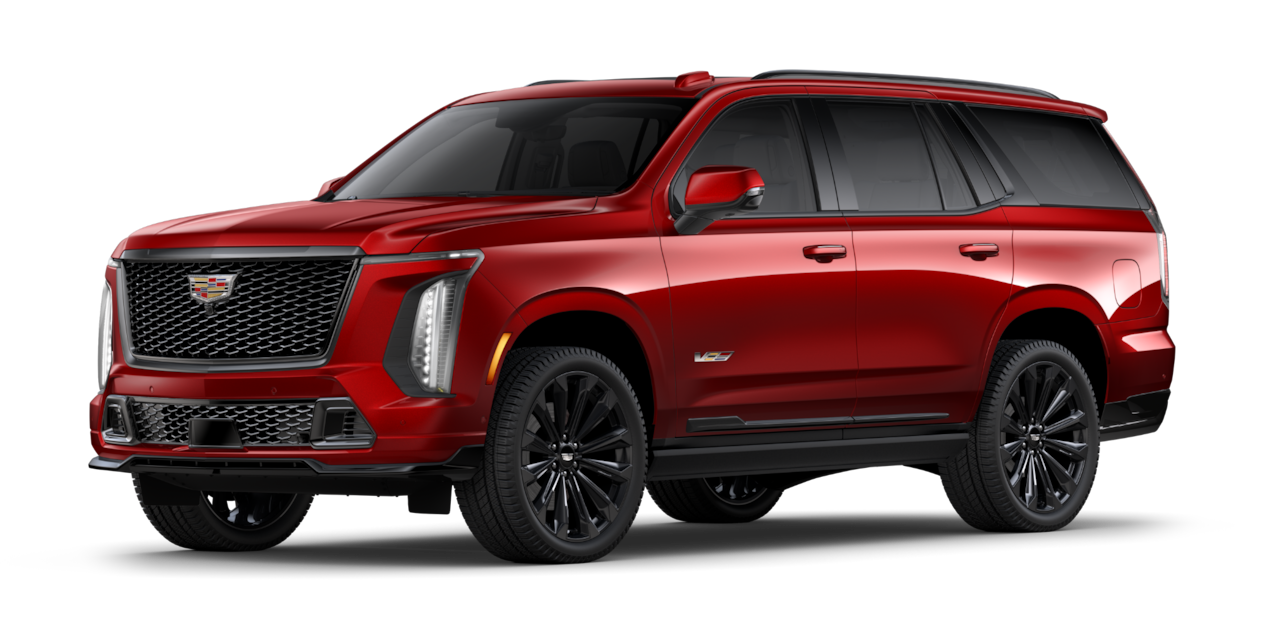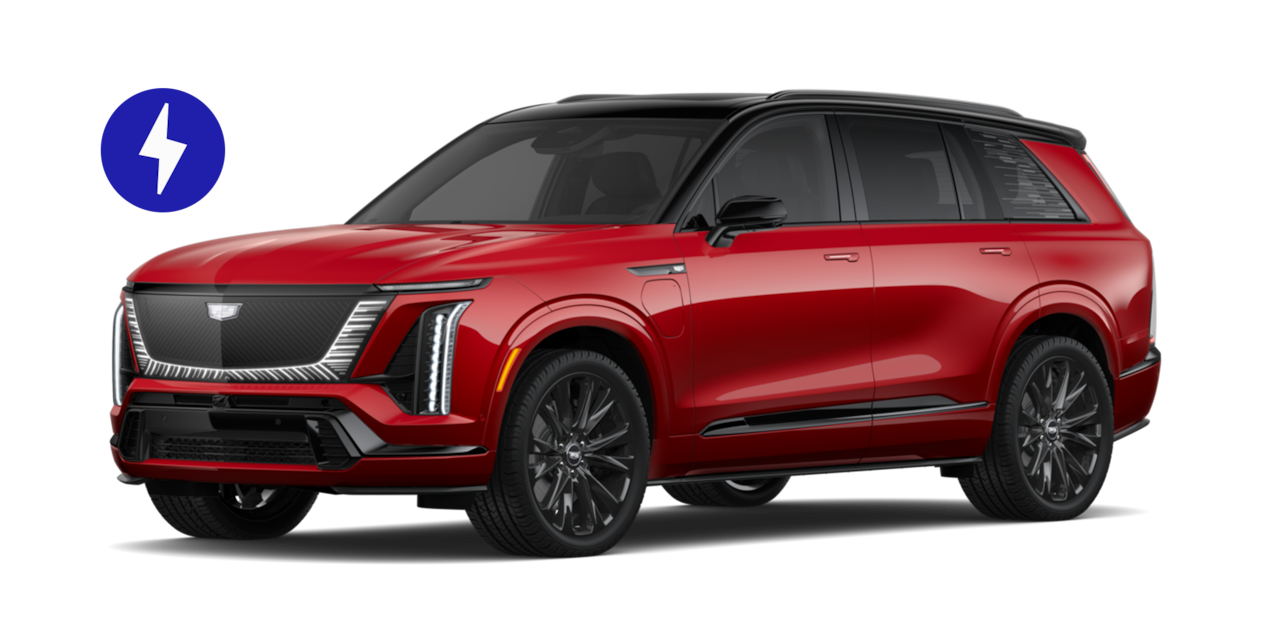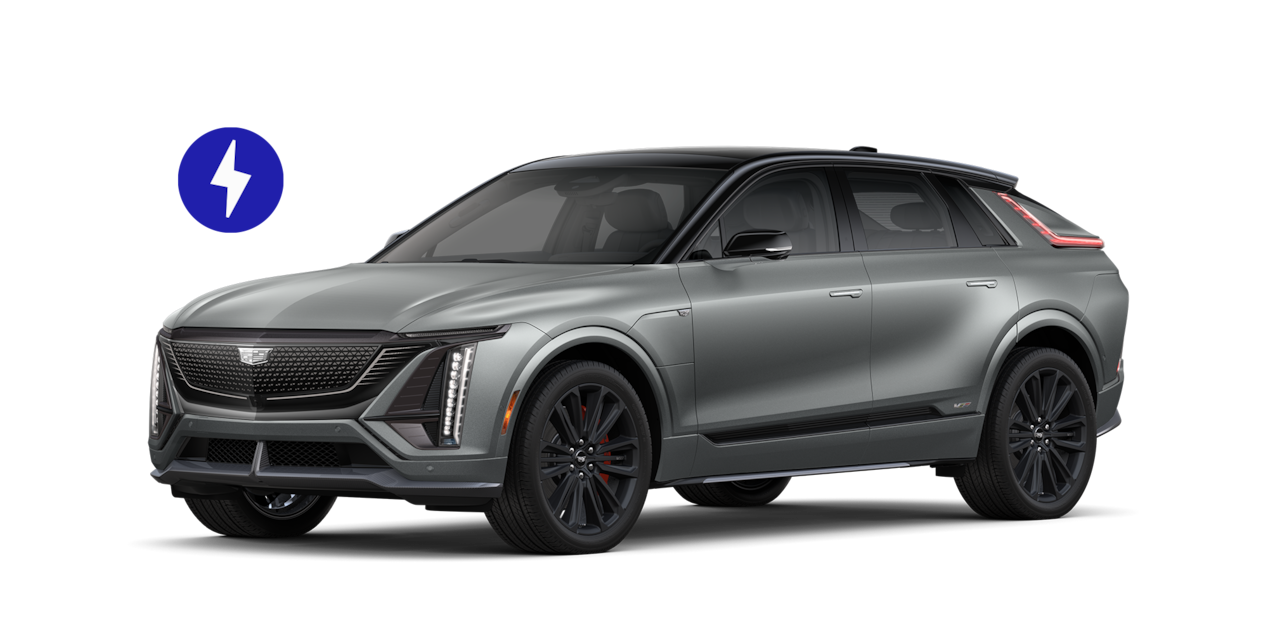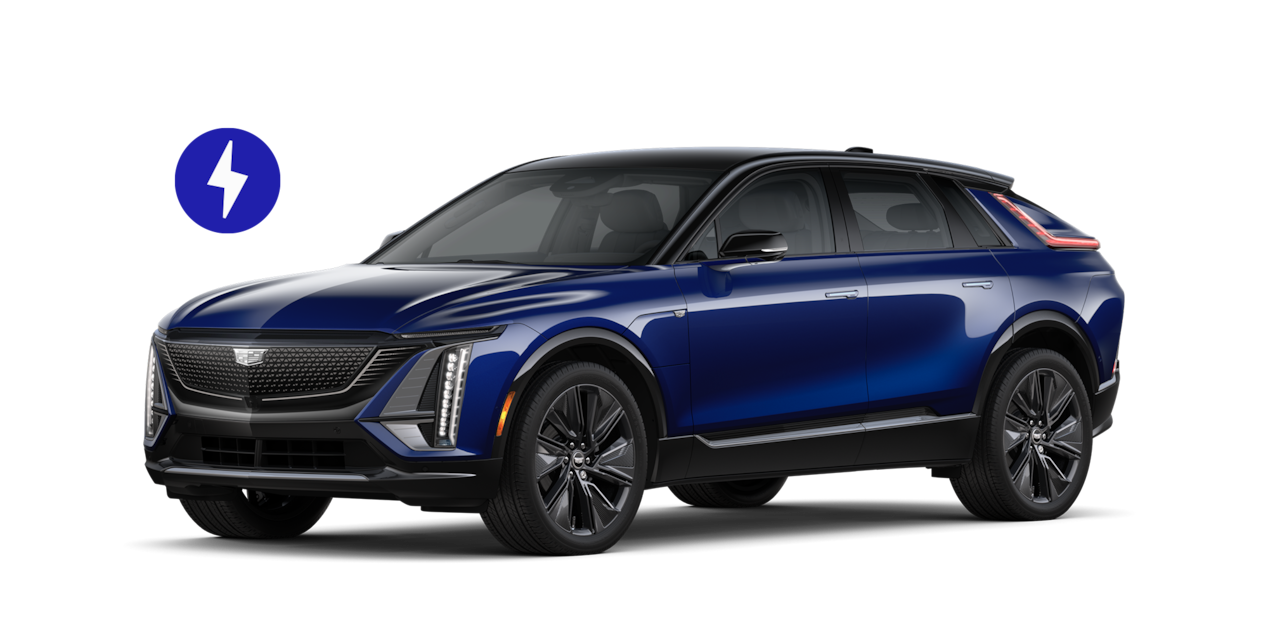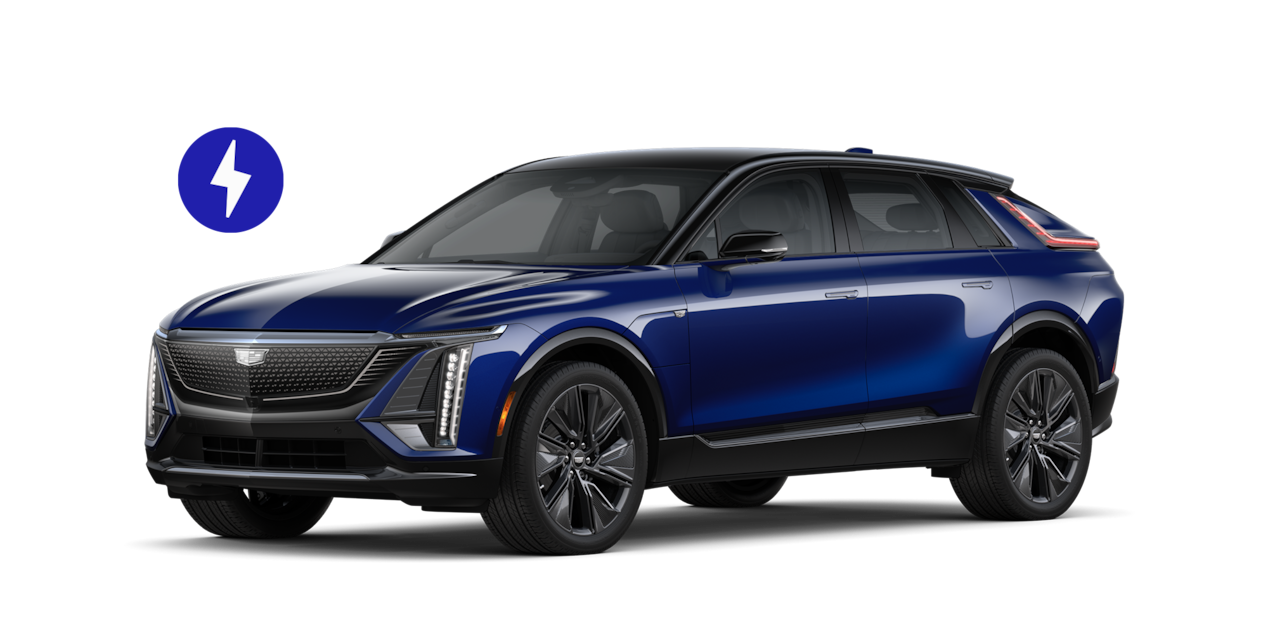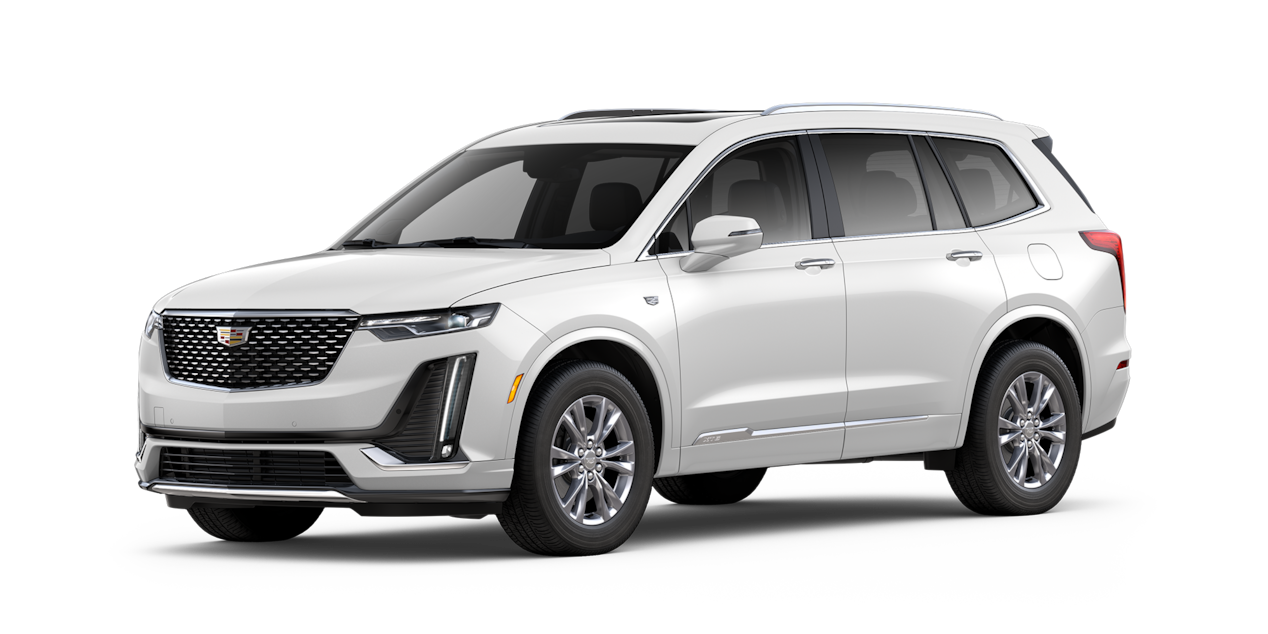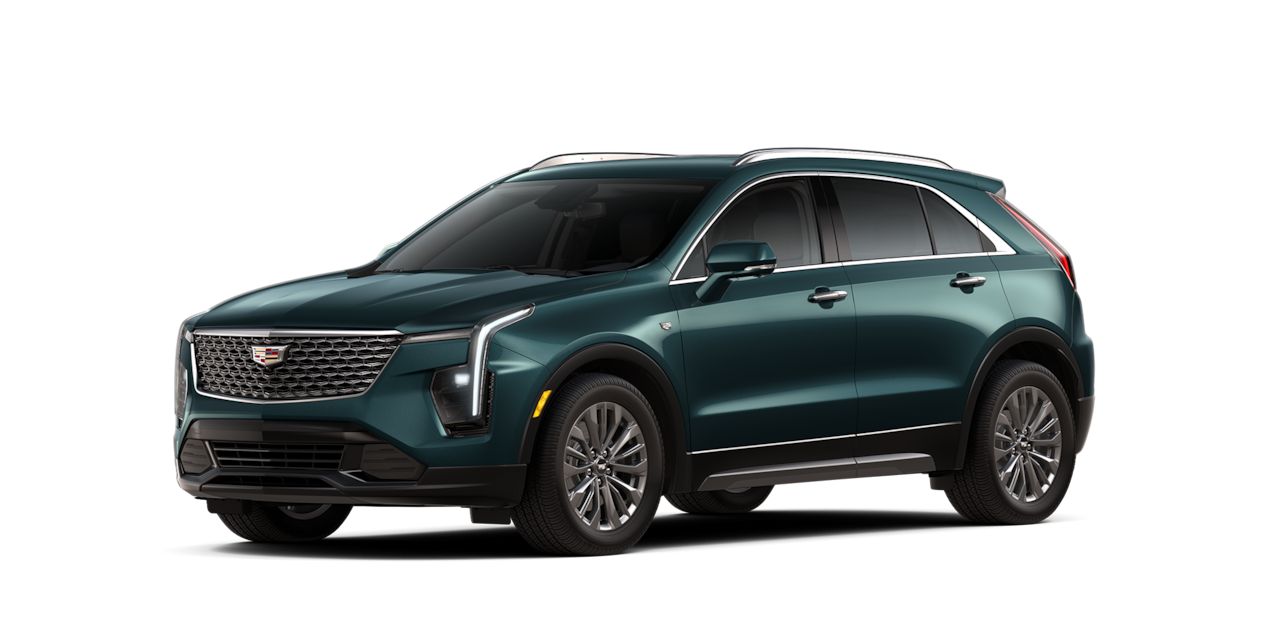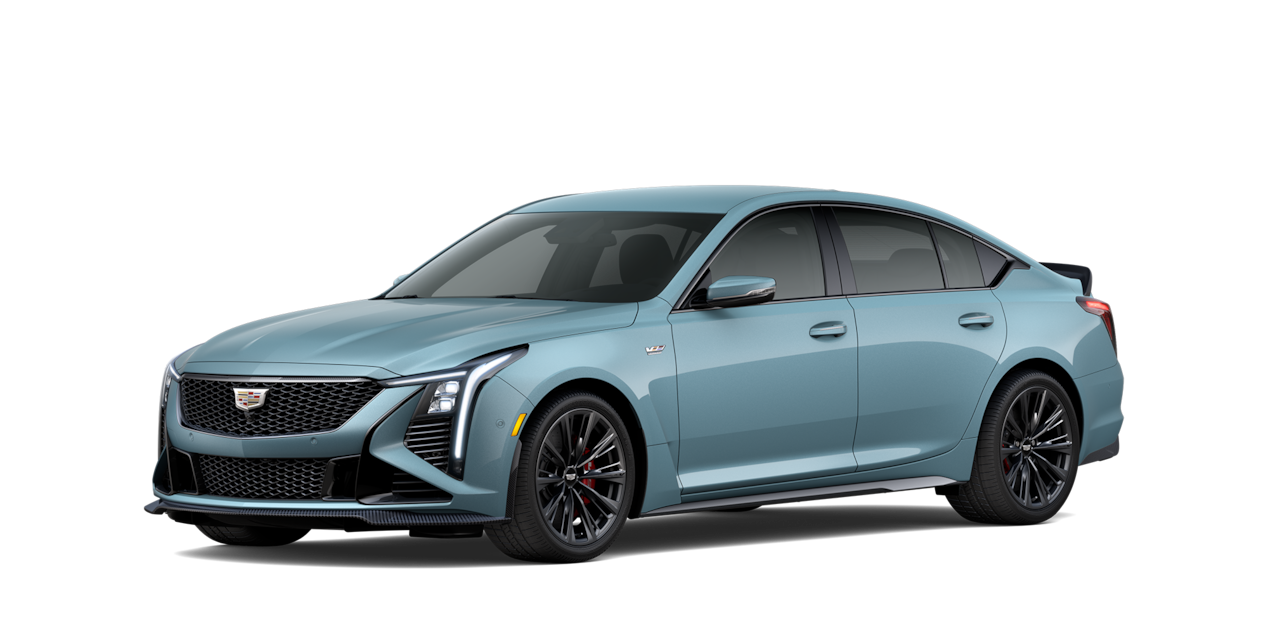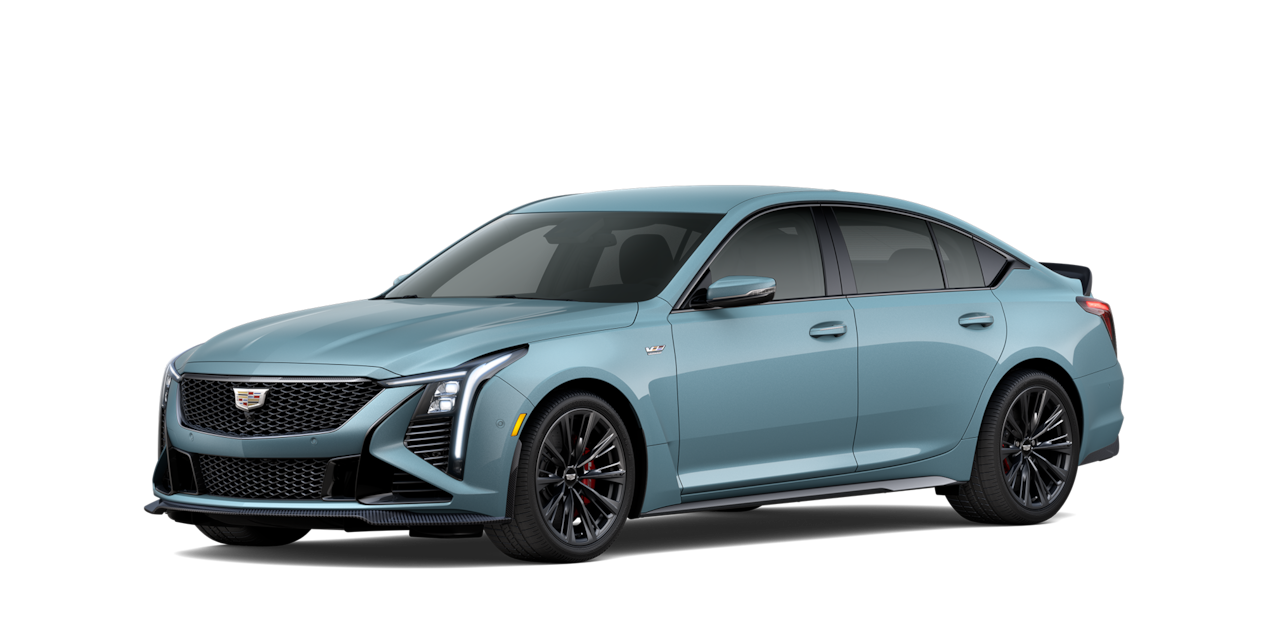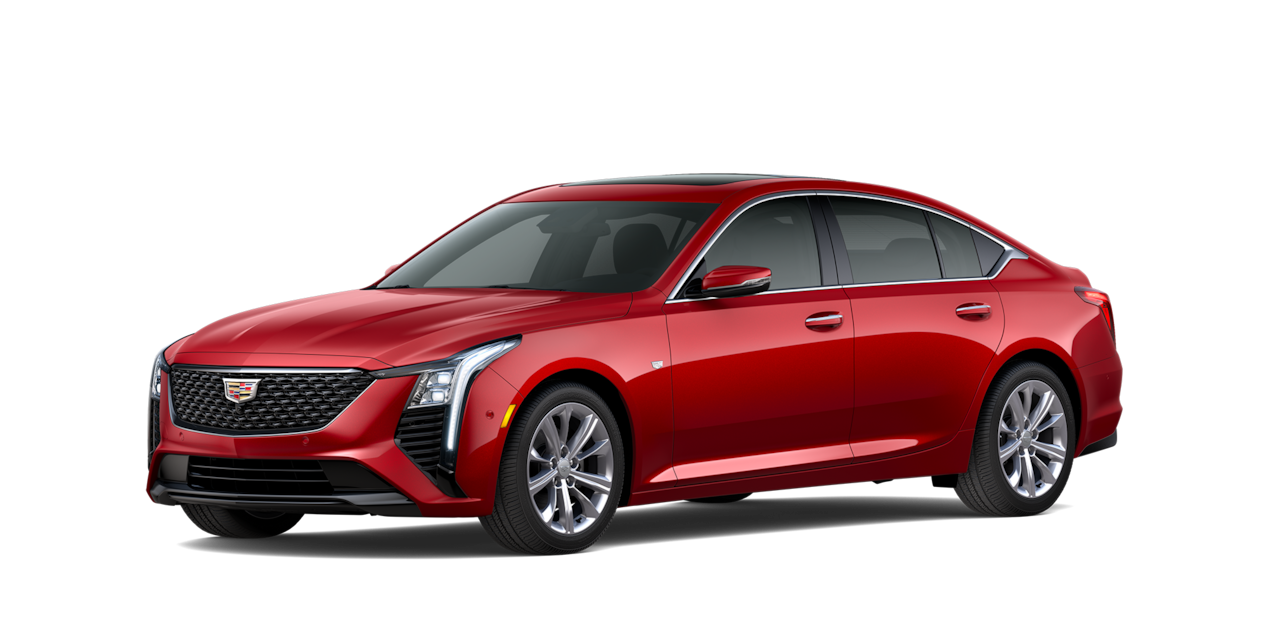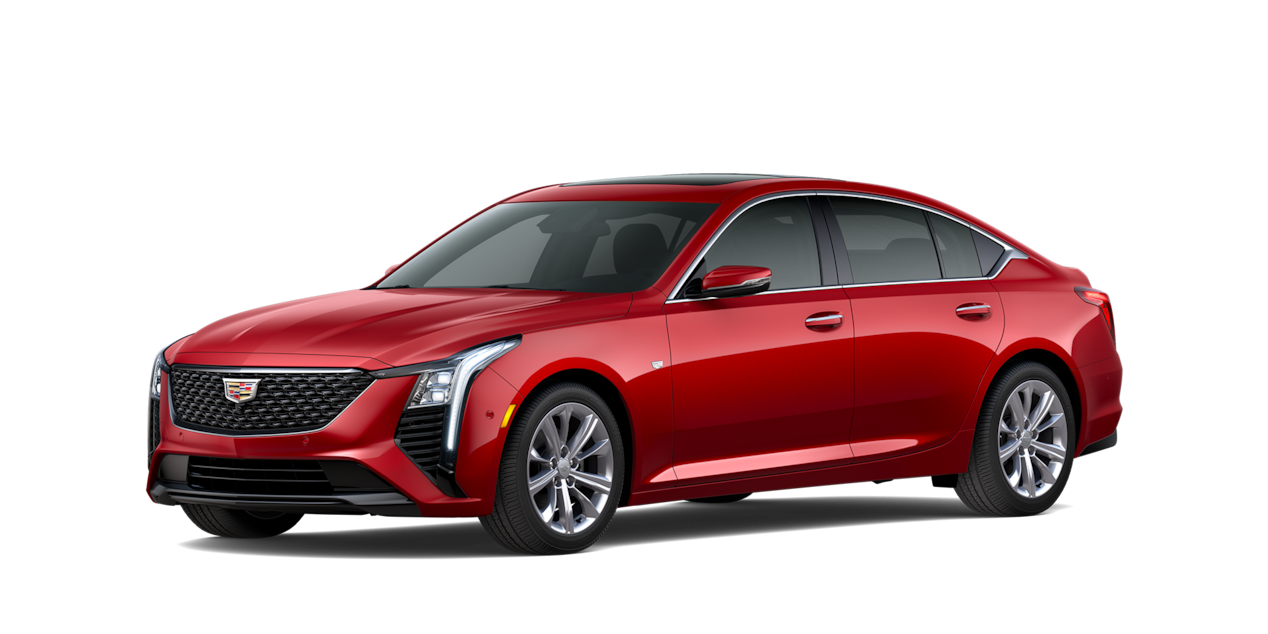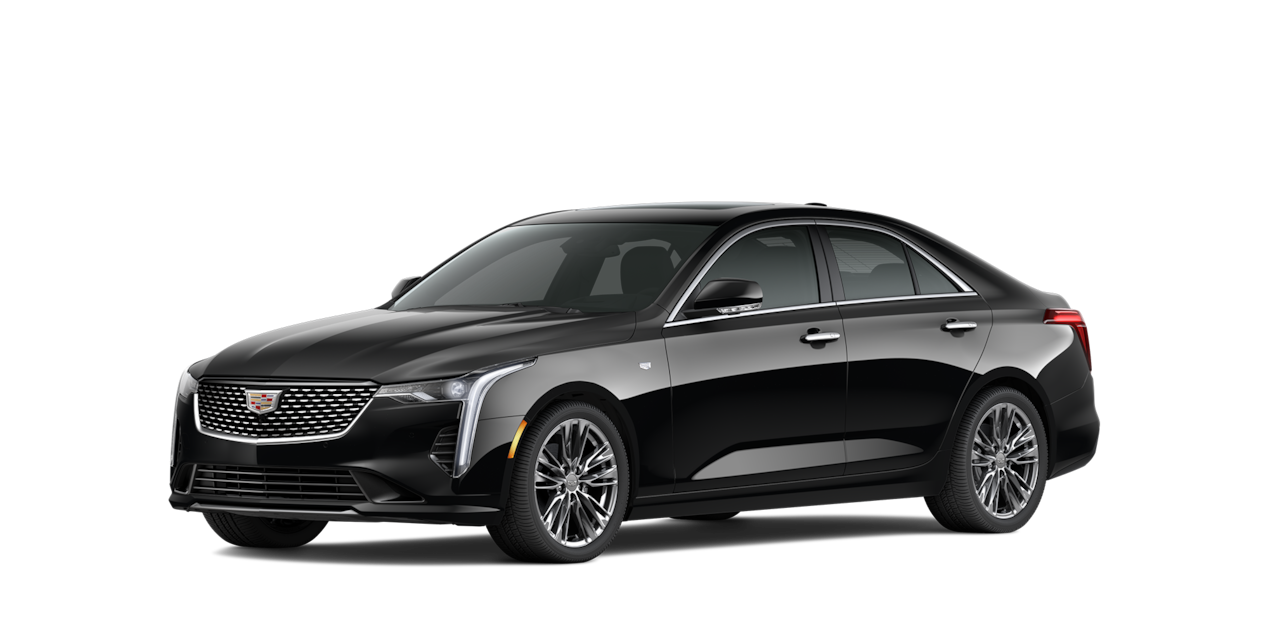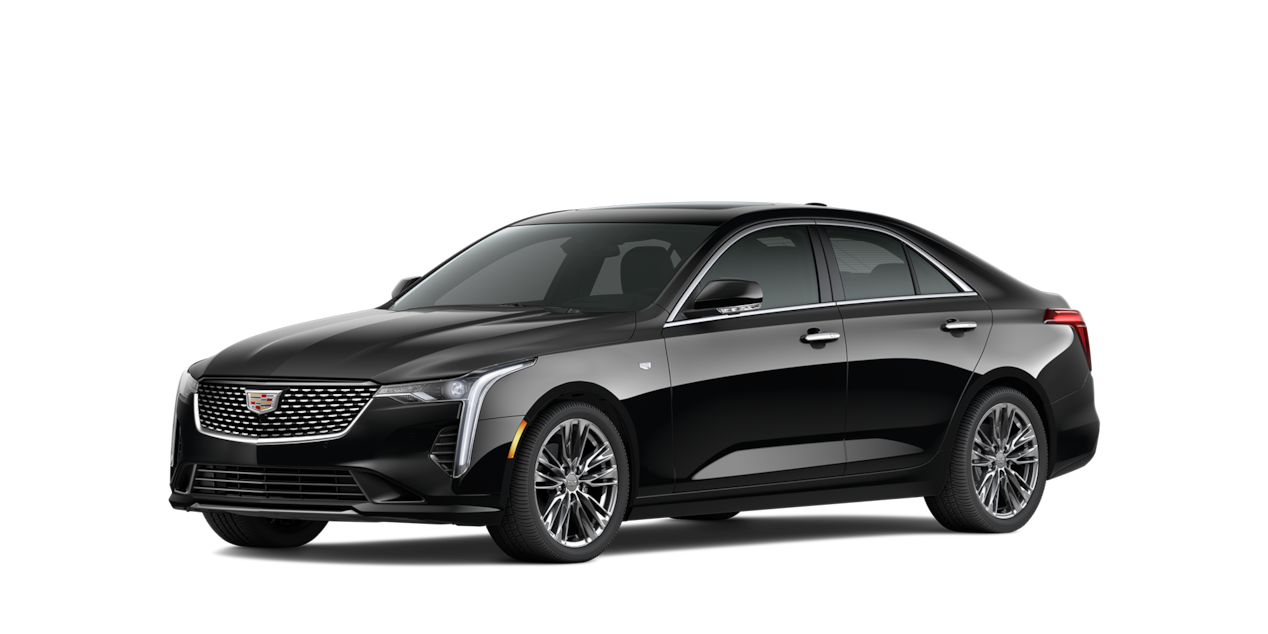HOW TO USE ENHANCED AUTOMATIC PARKING ASSIST
Difficulty Level: Intermediate | Time Required: 5 Minutes | Tools Required: None | Related Parts, Products, Services or Technology: None
If your vehicle has this available feature, Enhanced Automatic Parking
HOW ENHANCED AUTOMATIC PARKING ASSIST WORKS
- Enhanced Automatic Parking Assist, if equipped, uses ultrasonic sensors located at the vehicle’s front, rear and sides to detect a parking spot and then back into the space.
- The system figures out where it can park by detecting vehicles around it. If there are no vehicles nearby, the system won't work.
- Once it detects a parking space, the system then automatically steers your vehicle into the space while moving at idle speed. While the system steers, you'll take your hands off the steering wheel, select FORWARD or REVERSE gears as prompted and brake when needed.
- While the feature is active, you must:
a. Always be prepared to override the feature by steering or changing gears.
b. Always be prepared to apply harder braking as needed during the maneuver.
PARKING WITH ENHANCED AUTOMATIC PARKING ASSIST
- You need to have your seat belt buckled to use this feature.
- To turn Enhanced Automatic Parking Assist on, either press the button on the dash (that looks like the letter P with lines facing two squares) or activate it through your center display. How you turn the feature on will depend on your vehicle.
- The system can detect parking spots while moving forward at low speeds (below 18 mph).
- To use Enhanced Automatic Parking Assist to search for a parking space, select whether you want to parallel or perpendicular park from the center display.
- You can also press and hold the Automatic Parking Assist button to switch between parking types if your vehicle has a physical button.
- Then, select the right or left side on the display to park on your right or left. You can also move your turn signal in the direction you want to park.
HOW ENHANCED AUTOMATIC PARKING ASSIST PARKS
- When the system has detected a parking space, you’ll hear a beep and see a message on the center display asking you to confirm you want to park.
a. Your vehicle will automatically start to park when you confirm.
2. Your steering wheel may shake to indicate you can remove your hands from the wheel and take your foot off the brake.
3. During automatic parking, the vehicle will move at idle speed (maximum speed of 3 mph), steer and brake into the detected spot, and shift between Forward and Reverse gears as needed.
4. You’ll see a progress bar display the status of the parking maneuver.
5. In small or tight parking spaces, the feature may make multiple maneuvers to park your vehicle.
6. Enhanced Automatic Parking Assist will beep and display a Parking Complete message when it’s done. It will automatically shift to PARK and apply the parking brake for you.
HOW TO CANCEL ENHANCED AUTOMATIC PARKING ASSIST
- If you want to cancel the maneuver, press the Automatic Parking Assist button, or take control of the steering.
- On vehicles with a button on the center display, you can also press an “Exit” or “X” button on the center display to cancel the maneuver.
THINGS TO REMEMBER WHEN USING ENHANCED AUTOMATIC PARKING ASSIST
- The feature won't work if you seat belt isn't buckled. You'll get a message saying the system is unavailable if you're not buckled
- Remember, Enhanced Automatic Parking Assist does not respond to changes in the parking space, such as the movement of a nearby vehicle or a person or object entering the parking space. Enhanced Automatic Parking Assist does not detect or avoid traffic that is behind or next to your vehicle. Always be prepared to stop the vehicle during the parking maneuver.
- Always be prepared to shift gears, accelerate or brake, as needed.
- The feature will remain active if you press the brake pedal, unless the brake pedal is pressed and held for an extended period of time.
- You’ll still receive Park Assist alerts and Safety Alert Seat Pulses (if your vehicle is equipped with Safety Alert Seat) during the Enhanced Automatic Parking Assist maneuver to keep aware of detected objects around your vehicle.
- Keep the Enhanced Automatic Parking Assist sensors clean to help ensure the system works effectively. There are 12 sensors located on the front and rear bumpers. For more information on the system’s sensors, see the Enhanced Automatic Parking Assist Troubleshooting article.
For your security, please don't include personal info such as phone number, address or credit card details.
RELATED LINKS AND RESOURCES
Q&As
LOOKING FOR SOMETHING ELSE?
NEED MORE HELP?
Communicate with one of our specialists.
To find out if your vehicle has this feature, contact your dealer or refer to your vehicle’s equipment list. Please check your Owner's Manual for more information about features.


